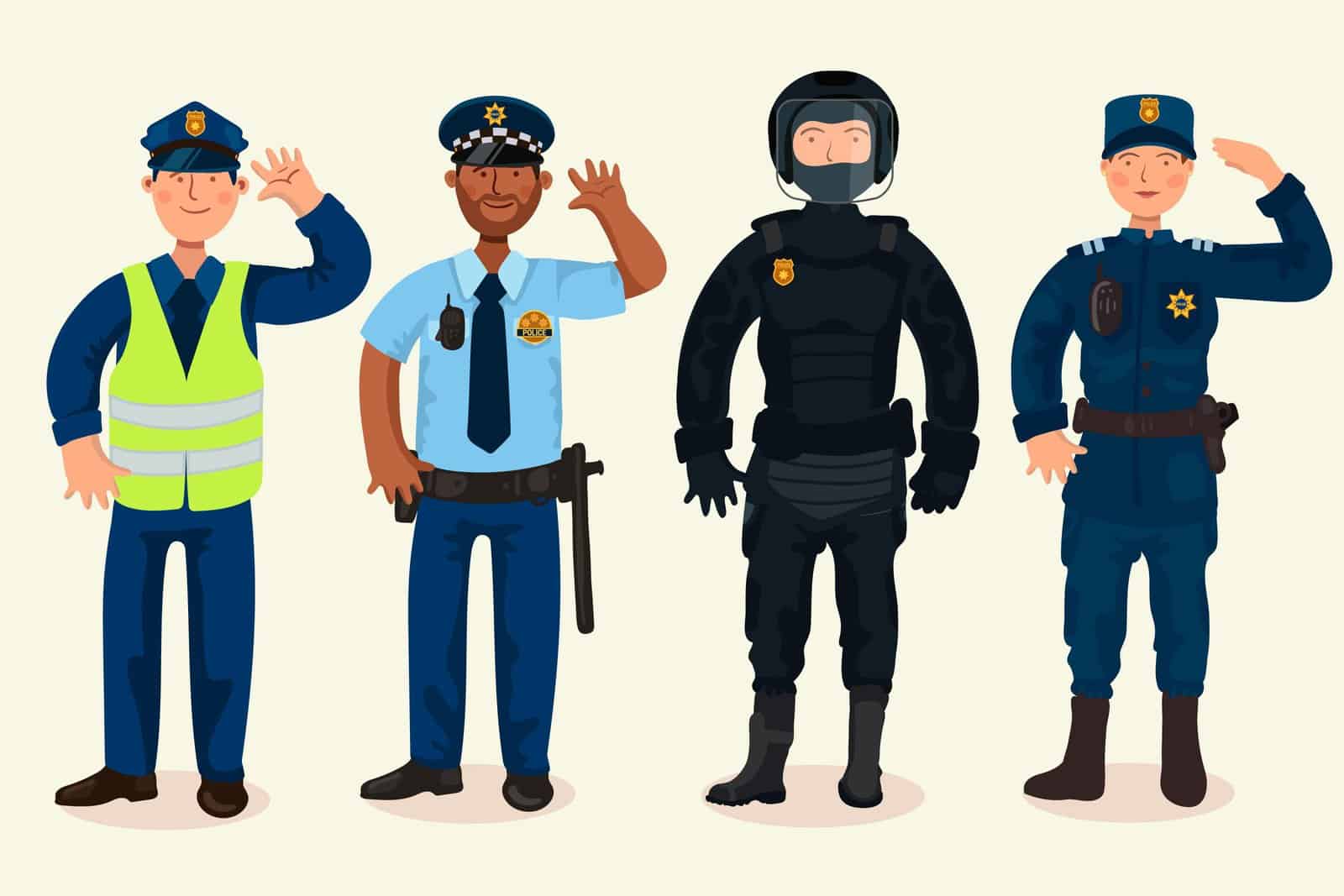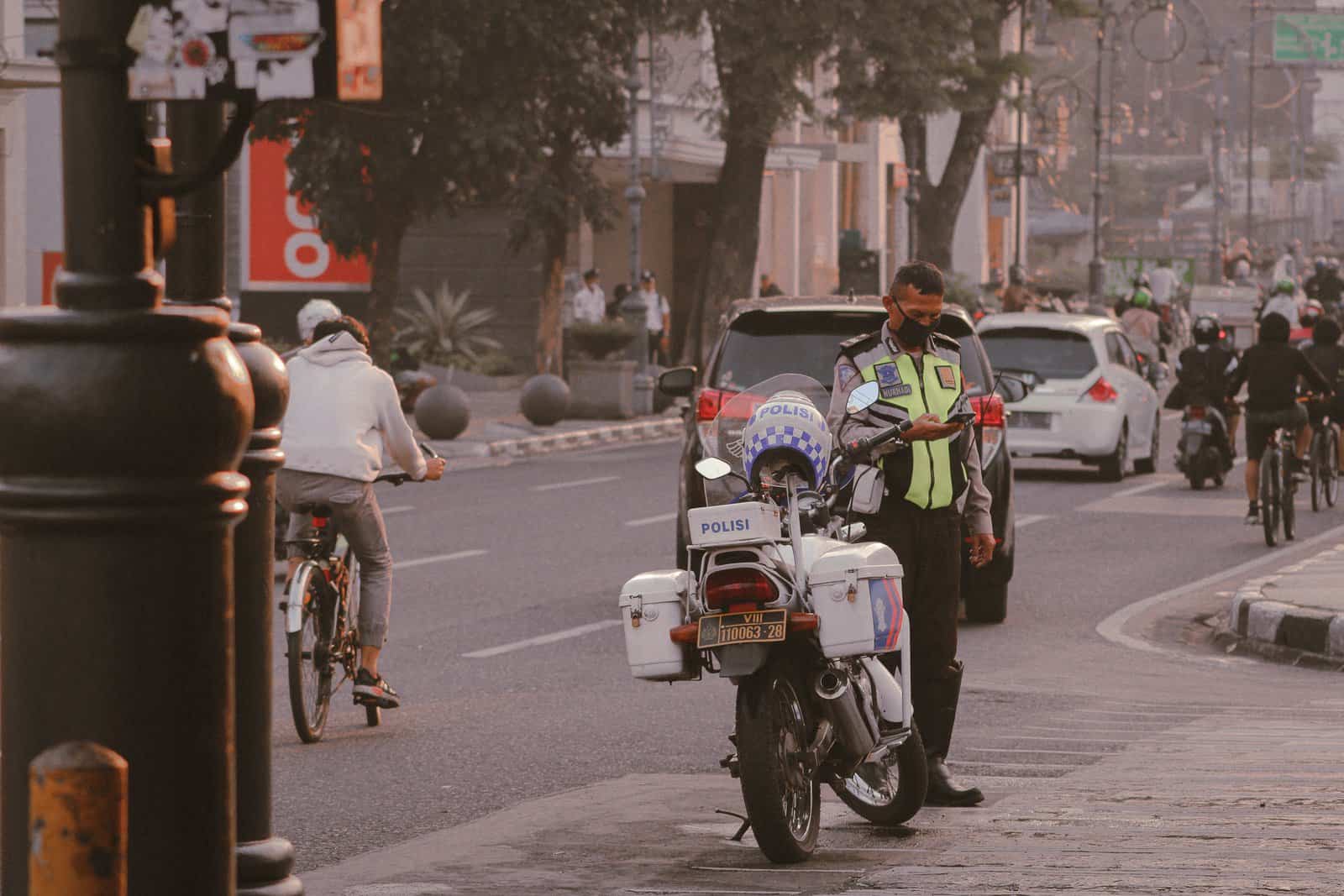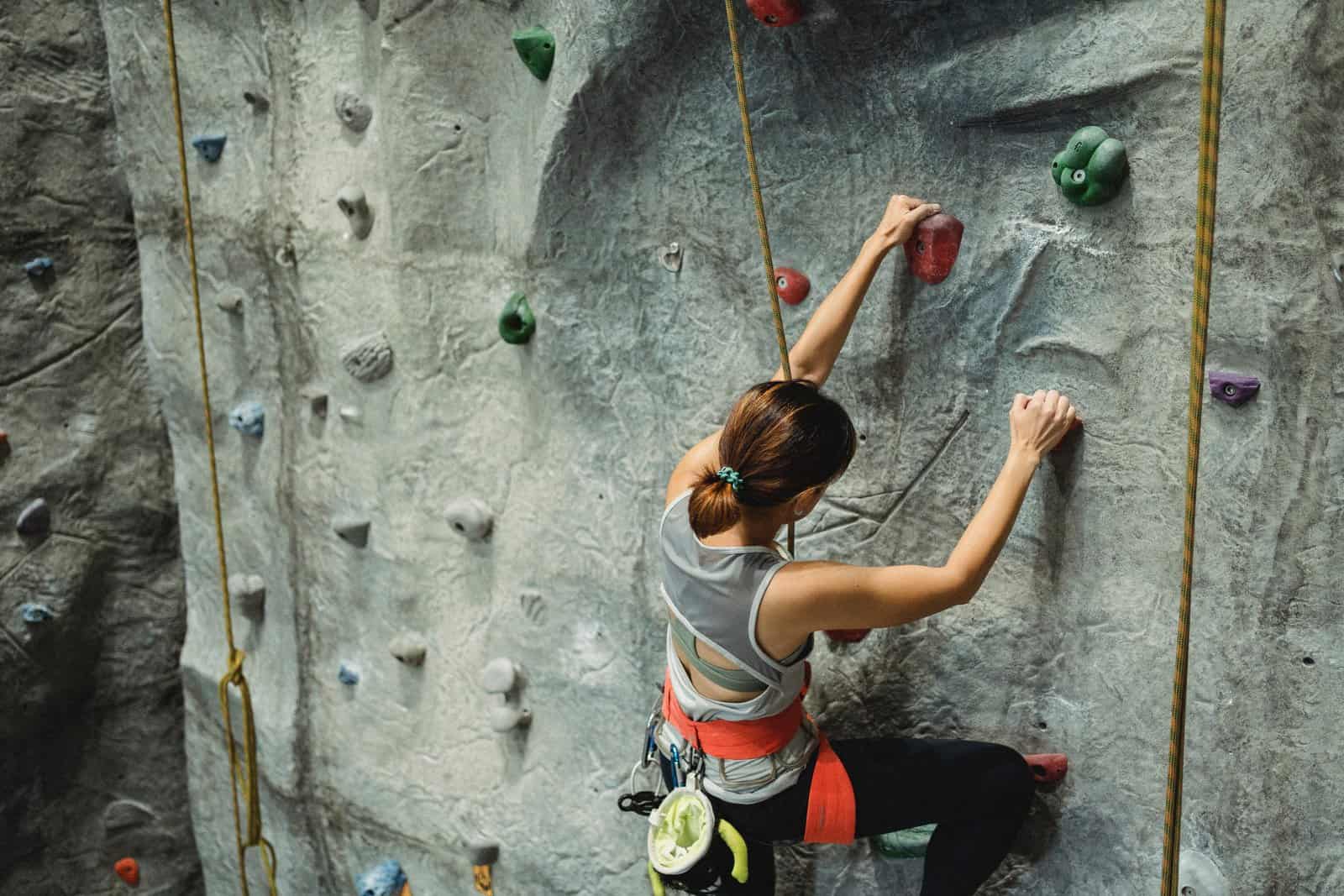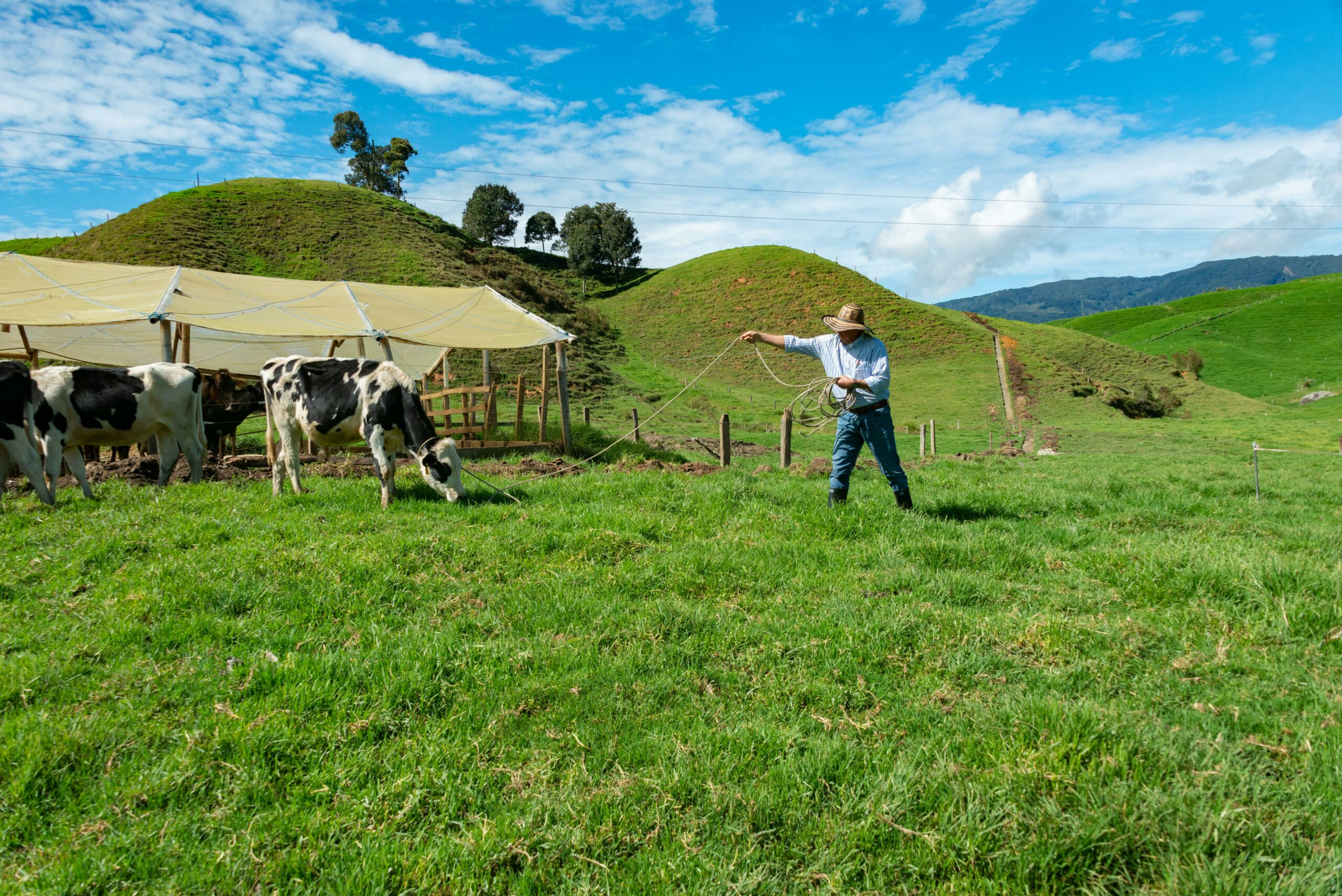
What do Police Officers do?
To help solve crimes, police officers respond to complaints of incidences and conduct further investigations. This may include interacting with crime victims and witnesses, looking for evidence, examining the scene of the incident, making arrests, and questioning suspects. They could later be asked to give evidence in court.
The job of police officers also includes prevention. For instance, they could monitor neighborhoods and go to critical events.
There are specialized police forces in addition to location-specific police forces, such as the British Transport Police and the Ministry of Defense Police.
Qualifications and skills of Police Officers
- Self-confidence.
- The ability to quickly thinking.
- The capacity to maintain composure in difficult or hazardous circumstances
- A solid listening capacity, along with excellent interpersonal and communication skills.
- Self-assurance when interacting with individuals of diverse backgrounds.
- Teamwork abilities.
- High school diploma.
- Graduate of a police training academy.
- An understanding of federal, state, and local regulations.
- Effective leadership and communication abilities.
- The capacity to maintain composure and use sound judgement.
- A healthy bodily state.
- Ability to solve problems and a decision maker • Capability to negotiate
Job Duties of Police Officers
- Speaking with suspects in crimes.
- Gathering evidence.
- creating and maintaining updated crime reports.
- Giving testimony in court.
- Promoting positive interactions with the general public.
- Using a vehicle, motorbike, bike, or foot to police certain regions.
- Executing and handling arrests.
- Dealing with accidents and crises.
- Provide the general public with guidance and assurance.
- Provide crime prevention guidance.
- Managing crowds and traffic.
- Maintaining calm/meditating in tough circumstances. Enforcing regional, national, and territorial laws.
- Conducting patrols in the designated patrol zones and responding to calls.
- Questioning suspects, witnesses, and victims.
- Accumulating and cataloguing evidence.
- Writing up and delivering precise reports that detail occurrences and actions.
- Reacting to both urgent and non-urgent circumstances.
- Preventing and looking into criminal activity and or domestic disputes

Advantages & Disadvantages of the career of Police Officers
These benefits and drawbacks of becoming a police officer provide an understanding of what it takes to serve a community daily. Long hours and sometimes risky conditions make the job difficult. However, there are also significant benefits because no other career can do what this one does to keep a community safe. Everyone may provide a hand to their local law enforcement, even if not everyone can become a police officer.
You get to assist others.
Being a police officer allows you to defend and uphold the law while also assisting the citizens of your town. In emergencies unrelated to crimes, police officers also offer assistance. Being a policeman allows you to save or improve the lives of others.
Police officers are never inactive.
In general, the duties of police officers change daily. This keeps the profession feeling new and alive. In addition to having to react to a wide range of scenarios, their jobs might vary from day to day. The majority of police officers spend most of their time in the field, which means they only work short hours at a desk. This makes their days go by more quickly and keeps them busy with various tasks and rhythms.

Police officers receive a respectable income.
Depending on the state and police agency they work for, most police officers may support themselves and their families with a reasonable income.
You can conquer your fears.
Being a police officer also has the benefit of assisting you in overcoming your concerns. You’ll feel overwhelmed and unsure of how to handle challenging situations early in your profession. You can also be terrified because you anticipate eventually dealing with armed individuals. Once you get more experience and learn how to deal with this sort of fear and finally overcome it, this fear will eventually go away.
Your community can experience good change thanks to you.
Many police officers have a tough childhood, which inspired them to desire to improve their towns significantly. This is beneficial because people are more willing to cooperate with you and try to make the community safer and better in general if they know you at least somewhat well.
Being a police officer is risky.
When their own lives are at risk, police officers frequently have to interfere. A police officer may come into some of the most hazardous scenarios while fighting physically or using a weapon. In addition to other emergencies like fires and traffic accidents, police personnel must also take life-threatening risks.

Police job involves uncertainty.
It has something to do with how police officers are never bored. Because police officers can’t indeed plan out their days, it might also be a con. No of how they are feeling at the moment, police officers must constantly be prepared to act in crises and criminal situations. This constant change might be mentally demanding.
The emotional cost
The last drawback led to this one. Those who have little to no morals come into contact with police officers while they are on the job and witness horrific things. This may be exhausting and demanding, and it can occasionally cause psychological issues like depression or anxiety for police officers. In some of the worst situations, it might lead to the breakdown of a marriage or even suicide.
Police officers are required to make challenging choices.
Many police officers are forced to make tough choices when people’s lives might be on the line—making the wrong choice might have severe consequences and induce guilt. While police officers must know when to use force or their guns to defend themselves, they also need to know when to refrain from doing so. This may result in the loss of innocent life or possibly legal penalties for the police officer.
The Career Path of Police Officers
Comparable to military hierarchy, police ranks are visually pleasing. The majority of people begin their professions as technicians or officers. Most of the time, they rise through the ranks and receive more salary; some even become police chiefs. Despite regional or local variations, most police rank proceeds typically in the following order starting by deputy chief of police then the police chief, then police officer followed by being a police patrolman, or police detective, and ending as a Sergeant of police, Colonel of police, or General of police.
Have you found this interesting? Come and check our articles about: What does a Librarian Do? Interesting Job Descriptions for Kids and What is a Museum Curator’s Job? – Job Description for Kids & Fun Step-by-Step Guide to Make Your Own Exhibit!.
Why not subscribe to our LearningMole Library for as little as £1.99 per month to access over 2100 fun educational videos.


Leave a Reply